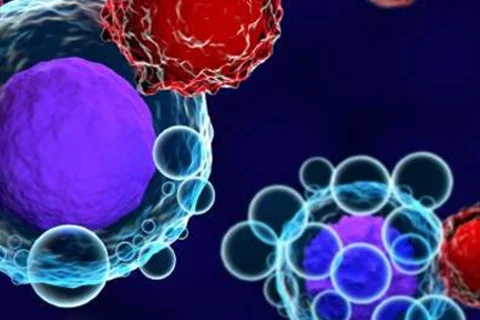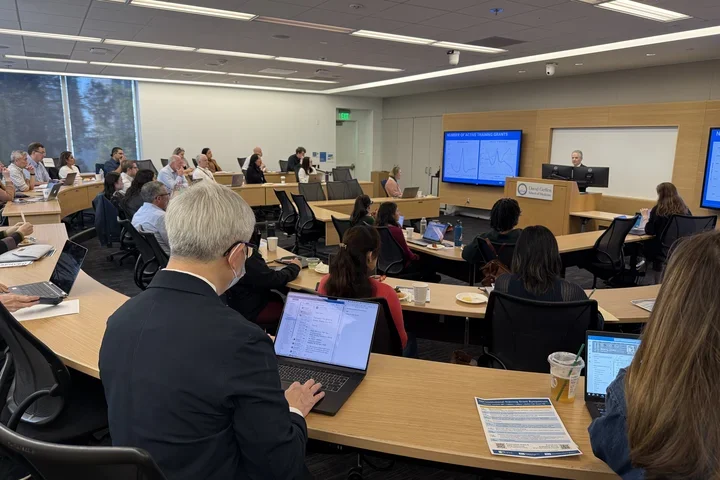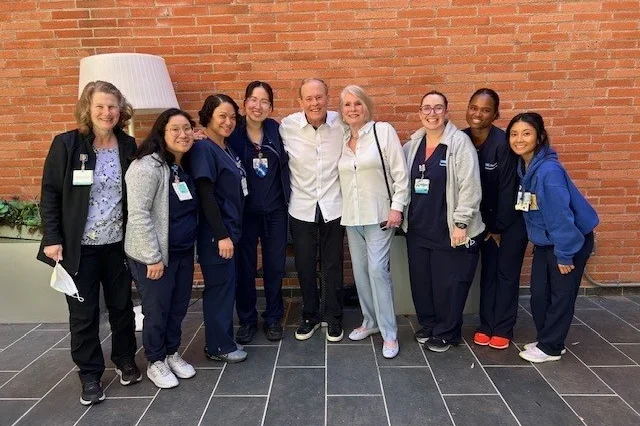Low blood phosphate levels maybe linked to neurological side effects from CAR T-cell therapy

UCLA study finds incidence, severity of neurological side effects were higher in patients who had low blood phosphate levels
A new UCLA Health study finds a clue that could help reduce serious neurological side effects associated with CAR T-cell therapy known as immune effector cell-associated neurotoxicity syndrome (ICANS).
Investigators led by Theodore Scott Nowicki MD, PhD, member of the UCLA Jonsson Comprehensive Cancer Center and assistant professor-in-residence in the Departments of Pediatrics (Hematology/Oncology) and Microbiology, Immunology, & Molecular Genetics at the David Geffen School of Medicine at UCLA have found more serious neurological side effects in patients who had low blood phosphate levels, called hypophosphatemia. The study appears in Cancer Immunology Research, a journal of the American Association for Cancer Research.
“The treatment of ICANS is currently limited to supportive care and steroids, which are nonspecific and can have their own side effects,” said Dr. Nowicki. “Therefore, having the ability to predict the onset of ICANS would be a very helpful tool for clinicians.”
While the study does not definitely link hypophosphatemia as a cause of ICANS, Nowicki says his team is continuing to actively study this potential connection. And if confirmed, it would have significant implications for how ICANS is managed in patients receiving cell therapy.
This study was funded by grants from the National Institutes of Health and the National Cancer Institute, as well as intramural funding from the UCLA Clinical and Translational Science Institute, the Jonsson Comprehensive Cancer Center, and the Eli and Edythe Broad Center of Regenerative Medicine and Stem Cell Research at UCLA.
UCLA CTSI supported Dr. Nowicki’s initial research work, including providing clinical cohort data through our Biomedical Informatics Program.
This story was adapted from a UCLA Health press release written by David Sampson.
Read more about the study in this press release from the American Association for Cancer Research.
Image caption:
Image source: Getty Images



